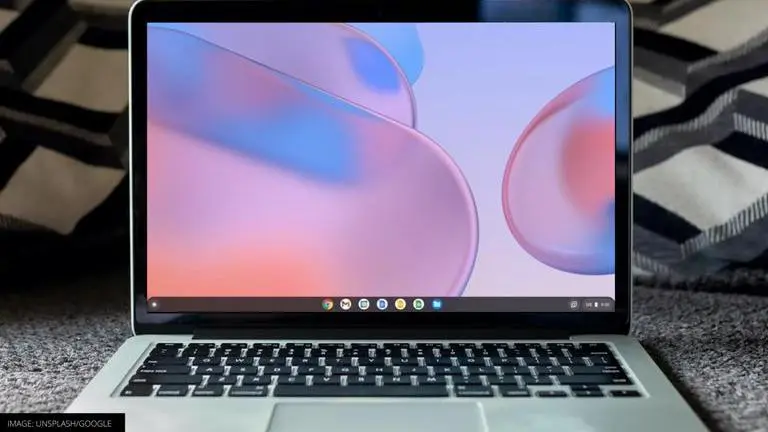Updated 19 February 2022 at 13:47 IST
How OS Flex is different from Chrome OS; here's all you need to know
Overall, Chrome OS Flex can be looked upon as a lighter operating system than traditional Windows and macOS which can help users in reusing their old devices.
- Tech News
- 2 min read

Google has recently annoucned the Chrome OS Flex, a web-based operating system that provides fast access to web applications and virtualization. It has the same code base and release cadence as Chrome OS, but provides some particular advantages over its predecessor. The lighter and faster Chrome OS Flex helps users to utilize their outdated computers by turning them into Chromebooks. However, what is the difference between Chrome OS and Chrome OS Flex? Keep reading to know more about Chrome OS Flex vs Chrome OS.
In a blog post dated February 15, 2022, Google announced the Chrome OS Flex for PCs and Macs. Thomas Riedl, the Director of Product, Enterprise and Education says that "Chrome OS Flex is a new, free-to-download operating system from Google. Built for businesses and schools, it's fully compatible with Google's powerful cloud-based management." Adding to it, Riedl says that "Chrome OS Flex modernizes device you already own, allowing you to experience the benefits of Chrome OS on PCs and Macs."
Chrome OS Flex vs Chrome OS: Differences explained
- While the Chrome OS is exclusively available for Chromebooks, Chrome OS Flex can be downloaded and installed on any computer with Windows or macOS.
- Chrome OS devices contain a Google security chip that helps to protect the system but Chrome OS Flex devices do not as the OS is downloadable on third-party systems.
- Chrome OS devices directly manage their updates while Chrome OS Flex updates are provided by original equipment manufacturers.
- One of the biggest differences and downside to Chrome OS Flex is that it does not support Android applications or Google Play.
- Since Chrome OS Flex is installed on devices that do not have a similar layout as those of the Chrome OS devices, some shortcuts might not work while using Chrome OS Flex.
- Yet another disadvantage of Chrome OS Flex is that it does not support fingerprint readers, face recognition cameras, stylus and other pen-related inputs, and CD/DVD drives.
Overall, Chrome OS Flex can be looked upon as a lighter operating system than traditional Windows and macOS which can help users in reusing their outdated devices. However, since Chrome OS Flex will be available on devices that are not manufactured according to the standards of Chromebook, there are some functionalities of a Chrome OS that will not be available on systems with Chrome OS Flex.
Published By : Shikhar Mehrotra
Published On: 19 February 2022 at 13:47 IST
